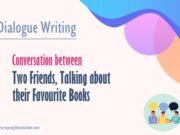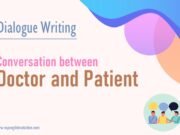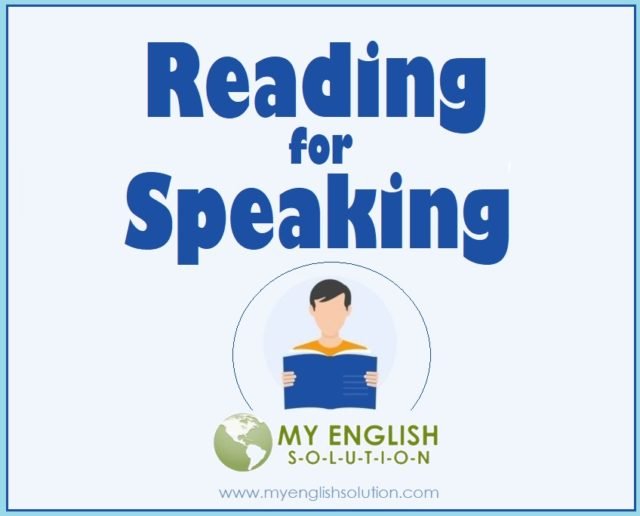If you are learning English and if you ask anyone what can help you speaking better English, the most obvious reply can be “read the most you can!”. However, there are divided opinions regarding the idea that ‘reading helps speaking better’. Some of the experts opine that reading does not help speaking at great extent as reading and speaking are skills with different nature and having different sub-skills. Nonetheless, they agree with the view that some of the aspects of speaking that are definitely influenced by different kinds of reading. Let’s consider them one by one.
- Reading good material enhances content of the speaker. Can you imagine speaking confidently without a good content? Speaking in a formal occasion will be equally difficult even for the native speakers if they don’t have a good necessary content. Reading opens up a treasure of contents for a learner. Right from the academics to the politics of the world and current affairs a good reader can deliver speech confidently.
- Extensive reading can enhance the understanding and comprehension. We must not forget that speaking is not the activity to be performed in isolation. It is always complemented by listening and understanding the message of the respective partner in that conversation. Hence, if you can not understand what your partner is speaking with you, you will fail to reply properly. You will be tentative and hesitant in speaking. Reading on different subject matter helps you to learn about different ways of saying the same thing in different ways. Therefore, extensive treading has its own significance in contributing better spoken skills.
- Reading gives you accuracy. A good reader will have better accuracy of grammatical structures & better choices of words & phrases. Unlike the spoken material, the written material is not spontaneous. It allows the writer to choose words and phrases carefully. It usually follows the grammar of the language in order to avoid any possible ambiguity. Hence, the reading exposes the learner to more controlled and accurate use of vocabulary and grammar.
- Reading exposes us to formal language. As mentioned earlier, written language is permanent and therefore every word of it is thoughtfully written. It is expected that written work shall avoid proverbs, slang, rare language usage etc. Apart from it, language of literature uses euphemism, rhetorical devices and it tends to be more redolent. All this helps a reader with understanding of ‘speech situation’ and appropriate way of saying things than saying them directly. The direct way saying things may hurt the listener. Hence, written material provides exposure to the formal use of language.
- Loud reading gives you better idea of pitch and rhythmic patterns of your voice while pronunciation. Despite of the fact that one learns about pronunciation and intonation patterns when s/he listens to a good speaker, reading a good drama or reciting a poem loudly will give a practical realization of it. Moreover, conversational passages from novels and stories or plays provide a good material for practice of speaking. It avails opportunity to choose rising or falling tone depending on the situation of the story, it also provides a chance to learn about using pauses in a conversation effectively. Role play activity with this sort of passages or loud reading in a group definitely helps speaking.
- Modern fiction may provide you collocations and language usages. Generally, it was considered that written material like novels and stories or nonfiction would content a formal language & it would seldom carry collocations and language usages that are specific to a particular group or community. But modern fiction, stories and drama carry all real aspects of language. With the evolution of new modern forms like micro fiction and writing for the internet and social media, all language barriers have been broken by the writers. Use of slang, proverbs and rare idioms find place in these write-ups. Hence, the reader gets full exposure to the language usage too.
also read:
| TIPS TO IMPROVE SPEAKING SKILL |
| USEFUL EXPRESSIONS IN SPEAKING ENGLISH |
| ENGLISH GRAMMAR |


















































